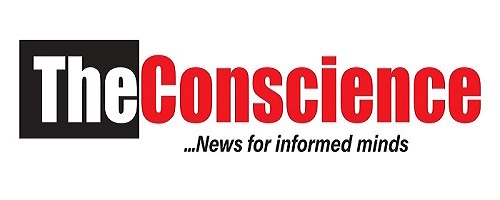Nigerian Government Policies That Faced Massive Backlash in 2024
In this piece, THECONSCIENCE NG News highlights 10 Government Policies That Nigeriana Hate in 2024, several Nigerian government policies sparked significant public discontent, leading to protests and widespread criticism. Notable among these were:
1. Removal of Fuel Subsidies: In May 2023, the government eliminated fuel subsidies, causing fuel prices to triple. This action led to a sharp increase in living costs and widespread protests across the country.
2. Devaluation of the Naira: The government’s decision to devalue the national currency resulted in a weakened naira, exacerbating inflation and diminishing citizens’ purchasing power.
3 Increased Electricity Tariffs: Hikes in electricity tariffs added to the financial strain on households already grappling with economic challenges, leading to further public dissatisfaction.
4. Acquisition of a Presidential Jet: The government’s purchase of a high-end Airbus A330 jet, expanding the presidential fleet to 11 aircraft, was perceived as extravagant amidst economic hardship, drawing public ire.
5. Implementation of Import Substitution Policies: Trade restrictions and local content requirements aimed at promoting import substitution faced criticism for potentially stifling economic growth and limiting consumer choices.
6. Handling of Peaceful Protests: The government’s repression of peaceful protests, including the use of force against demonstrators, was condemned for violating citizens’ rights to free expression and assembly.
7 Management of Labor Strikes: The government’s response to nationwide labor strikes, particularly those demanding higher wages amid record inflation, was viewed as inadequate, leading to prolonged industrial actions and public frustration.
8. Economic Reforms Leading to Inflation: intended Reforms intended to liberalize the economy inadvertently contributed to soaring inflation, worsening the cost-of-living crisis for many Nigerians.
9. Inadequate Social Support Measures: The perceived insufficiency of social support programs to mitigate the impact of economic reforms left many citizens feeling neglected by the government.
10. Corruption Allegations: Ongoing accusations of corruption within the government eroded public trust and fueled discontent over the management of national resources.

























